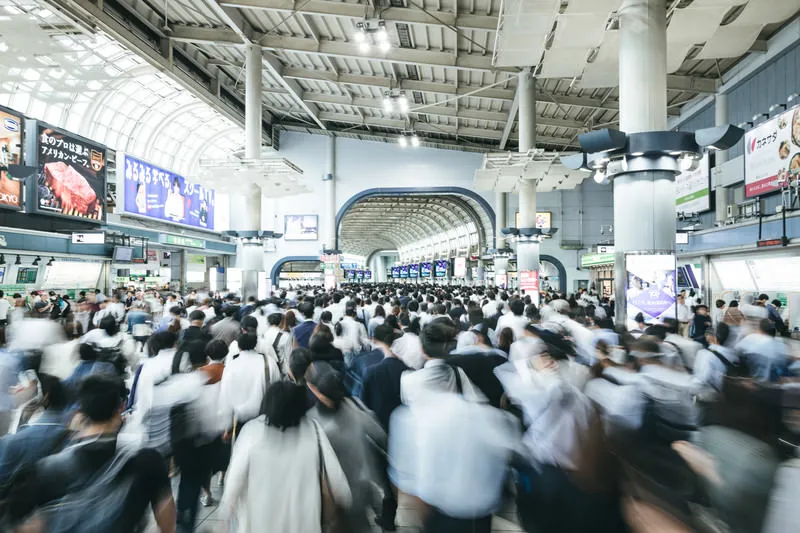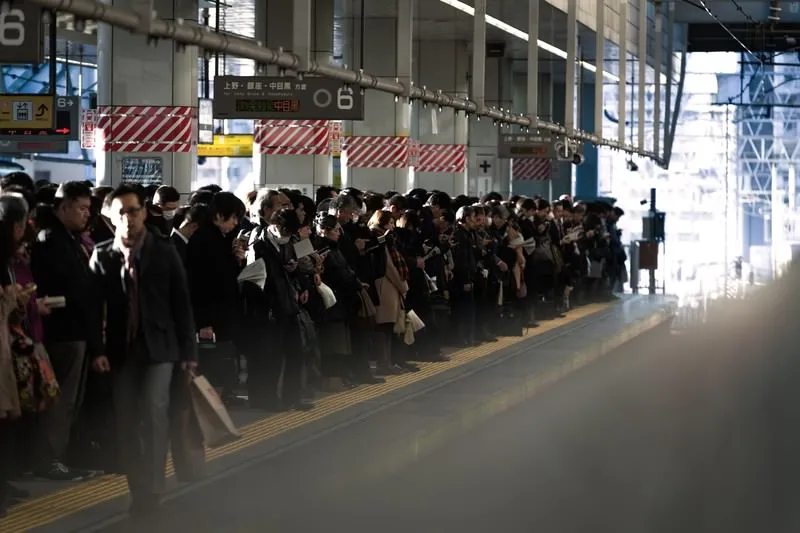November 17, 2023
Understanding the Phenomenon of Karoshi
The Alarming Phenomenon of Karoshi: Understanding the Effects of Overwork and Exhaustion on Employees
Understanding Karoshi: The Impact of Overwork and Exhaustion on Employees Discover the concerning phenomenon of karoshi, also known as death from overwork, and its effects on individuals in todays workforce. In this blog, we delve into the causes of karoshi, including a persistent culture of overwork and intense pressure in certain work environments, and discuss how societal expectations and economic pressure in Japan contribute to this alarming issue.
Today, well be discussing the topic of karoshi and shedding light on this alarming phenomenon that has affected many individuals in the modern workforce. Karoshi is a term that originated in Japan and literally translates to death from overwork. It refers to the extreme stress, long hours, and exhaustion experienced by employees, which can lead to serious health issues and, in some tragic cases, even death.
What Causes Karoshi?
Karoshi is predominantly caused by the persistent culture of overwork and intense pressure in certain work environments. In Japan, where the concept first gained recognition, the combination of societal expectations, economic pressure, and the dedication to work has created an environment where employees often feel compelled to devote countless hours to their jobs, neglecting self-care and personal time.
While karoshi originated in Japan, similar issues have been observed in other countries as well. In todays fast-paced and competitive world, many individuals find themselves caught up in demanding work situations that leave little room for rest and relaxation. As a result, the risk of experiencing karoshi-like symptoms is not limited to a particular region but can be prevalent in various work cultures.
The Effects of Karoshi
The consequences of karoshi are severe and can have permanent effects on a persons health and well-being. Some common symptoms associated with karoshi include chronic fatigue, depression, anxiety, high blood pressure, heart disease, and even stroke. Long hours of work without adequate rest disturb the balance between professional and personal life, leading to burnout and a decline in overall quality of life.
Moreover, the impact of karoshi extends beyond individual employees to their families and society. The loss of a loved one due to overwork can be devastating, and the pressure placed on ones family can lead to further strain on relationships and mental health.
Recent Case
In 2015, Dentsu, an advertisement agency giant, reported to acceptted its employee commited suicide due to over work. She was 24 year old, and monthly overtime work amounted to 130H. Karoshi threshhold overtime work is 80H per month.
Dentsu managers were forcing her to input false overtime working hours. On top of it, there were different types of harrasment by bosses. In 2017, the Court sentenced guilty. The fine over Dentsu was JPY500,000(USD5k).
It seems that Japan looks like a workaholic country. However, one of the real causes of its phenomenon is rooted more on the organizational issues. "Workaholic" puts excessive overtime work responsibility against indivisuals, and companies and organizations are getting away from the responsibilities.
Fighting Against Karoshi
Recognizing the seriousness of karoshi, many countries, including Japan, have taken steps to address this issue. Organizations and individuals have started advocating for improved work-life balance, strict regulations on maximum working hours, and the importance of self-care and mental health support.
It is crucial for both employers and employees to create a supportive work environment that prioritizes employee well-being. Implementing policies that promote work-life balance, providing resources for stress management and mental health support, and fostering open communication can significantly contribute to combating karoshi.
Conclusion
Karoshi is a stark reminder of the unintended consequences of our modern work culture. It serves as an urgent call to reassess our priorities and acknowledge the detrimental effects of chronic overwork. Balancing work and personal life, prioritizing self-care, and promoting a healthy work environment are essential in preventing karoshi and ensuring the well-being of individuals in the workforce.




